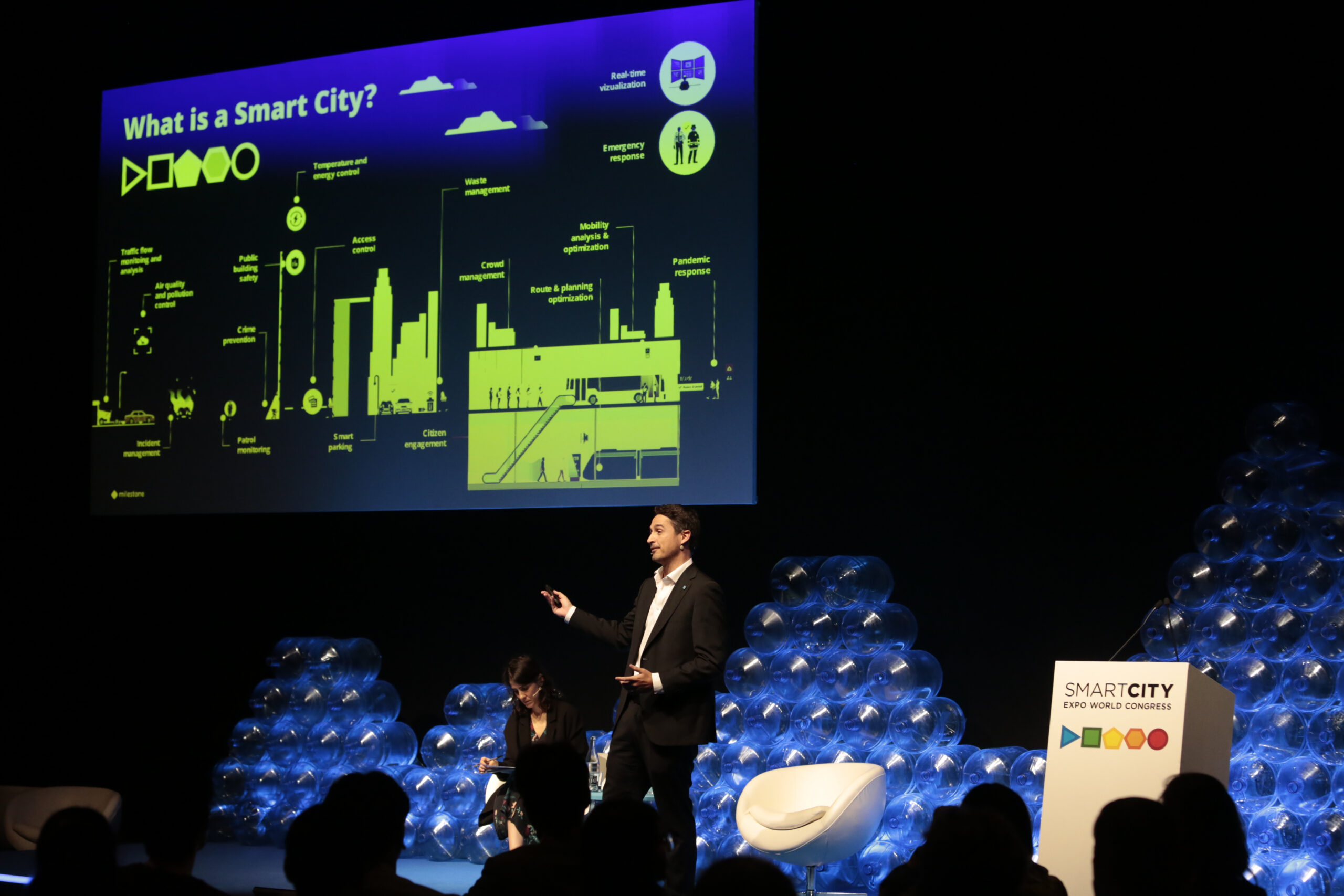Author | M. Martínez Euklidiadas
Countries that invest the largest share of their GDP in education, R&D&I, industry and digitalization, among others, are those that are enjoying the strongest economic growth, and also those that are more rapidly achieving higher quality of life for their citizens and include co-governance policies with citizens before others. As well as being a pivotal aspect of the post-COVID-19 economic recovery, digitalization has given global development a boost.
What is digitalization and how does it affect the economy?
The digitalization of the economy is essential in order to achieve stable economic growth over time and, therefore, for developing countries to reach the level of developed countries, or for the latter to continue being developed countries; which leads to a clear paradox: developed countries that stop investing in digitalization, lose positions.
The most digitalized countries in the world according to DiGiX, are Denmark, Hong Kong, Singapore, United States and the Netherlands. All of them have been experiencing positive economic growth for decades.
A well-known book by the American statistician Thomas L Mesenbourg in 2001 referred to three basic components of a digital economy:
- E-business infrastructure, such as technology, hardware, telecoms and human capital capable of working with it.
- E-business, or processes developed on the digital ecosystem.
- E-commerce, a type of commerce carried out using the internet as a communication channel.
Benefits of digitalization: impact of the digital transformation on emerging economies
The OECD has known about the benefits of the digital economy for decades, when they were first measured. Few have been added since then by the UN in its ‘Digital Economy Reports’
Data transmission as an indicator (and generator) of wealth
Data transmission is a good indicator of both past economic growth (for establishing telecommunications, and future economic growth, due to the interactions of those people. According to the World Bank, in 2016, 49% of the planet was connected:
Countries such as Azerbaijan, Albania or South Africa enjoyed spectacular growth at that time, as well as their GDP per capita growth did after the digitalization. Africa, is about to connect one billion people, just as Asia or America did.
There are advantages to digital platforms
Companies that have shown the most growth in the world are businesses based on digital platforms or those that make use of them. Since digitalization is an essential aspect for the emergence of these brands, they will need to digitize before being able to access these scale benefits.
Greater digital presence entails greater global relevance
One simply has to look at Wikipedia to realize that many countries and cultures are not represented. While the English, Visayan or Swedish, among others, have millions of pages of content, there are languages with just a few entries. In general terms, the least digitized countries do not have an online representation, and their voices are not heard.
In addition to those indicated above, a whole host of specific advantages come with digitalization. In industry it increases system competitiveness, by reducing costs. In tourism, it enables new experiences and sectors. In construction, it increases efficiency and sustainability.
By investing in digitalization, developing countries can also benefit from these transformations. After all, the rich countries of today were poor not so long ago.
Image | NASA






















































